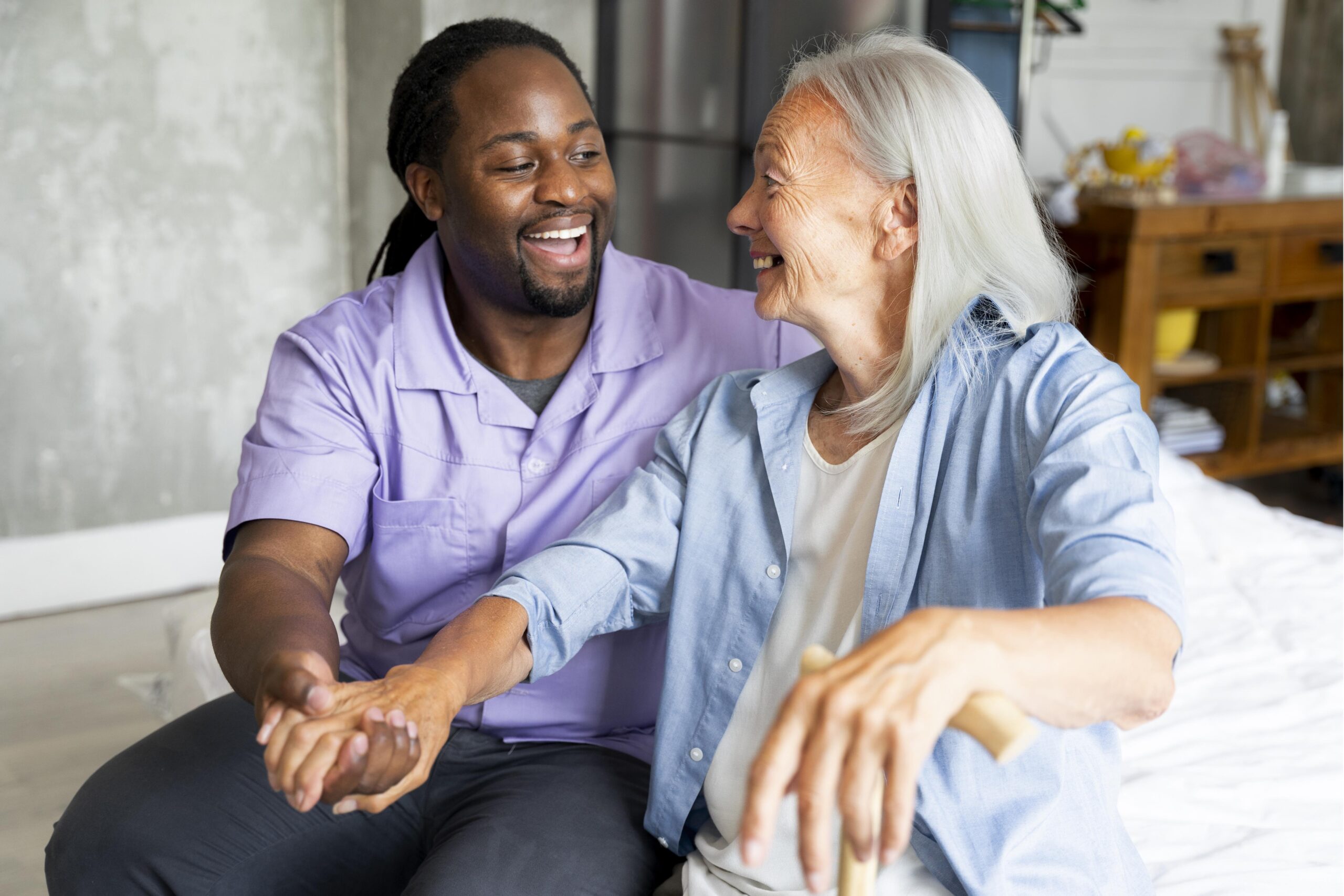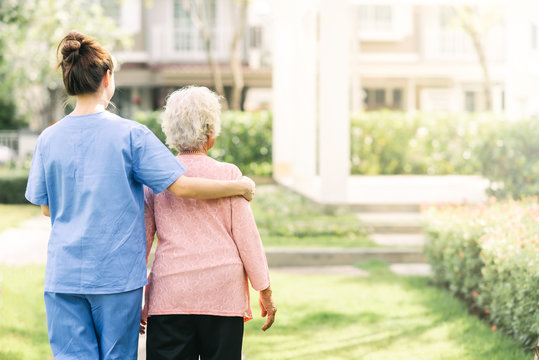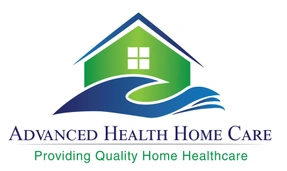Home and Community-based services (245D/Waiver)
ELIGIBILITY
A person is eligible to receive night supervision services if they:
1. Live in their own home.
2. Are assessed to need overnight assistance and supervision in at least one of the following areas:
- Implementation of the person’s positive support programming and transition plans.
- Reinforcement of skill development supports (e.g., individualized home supports).
- Assistance with activities of daily living (ADLs).
- Assistance with instrumental activities of daily living (IADLs).
Covered services
Night supervision services include an asleep or awake staff in the person’s own home performing an activity listed in the eligibility section.
Non-covered services
Night supervision cannot be used:
1. As a preventative service.
2. As an assumptive safety service (i.e., based on an assumption the person might need the service without an assessed need for it).
3. When the person does not have an assessed need for overnight supports for an activity listed in the eligibility section.
4. To support a person who either:
- Sleeps through the night.
- Wakes up overnight but does not need assistance and supervision for an activity listed in the eligibility section during that time.
5. To pay a caregiver who lives in the home as asleep staff.
Services that cannot be authorized with night supervision
The lead agency cannot authorize night supervision services when the services duplicate other Minnesota state plan or waiver services the person already receives.

Homemaking
The homemaker functions in the area of home management activities.
These activities include:
- Preparation and serving meals, which may include shopping and cooking
- Maintain a clean physical environment by: changing bed lined, dusting, vacuuming, wet mopping, cleaning bathroom and kitchen areas including appliances, washing, ironing and mending
- Providing a safe and comfortable environment
- Performing assigned errands
- Observing and reporting changes in the clients condition
- Performing other related housekeeping tasks as indicated


Like all of us, older adults want to remain independent as long as possible. Due to aging, or because of specific conditions or injuries, older adults might have to learn or relearn some independent living skills. Professionals train older adults — one-on-one, in small groups, or in seminars — in gaining skills that will make it easier for them to function independently.
If appropriate, encourage your loved one to maintain or develop skills, such as:
- Money management
- Cooking and nutrition
- Stress management
- Effective communication
- Self esteem
- Transportation skills
- Fitness
- Self advocacy
